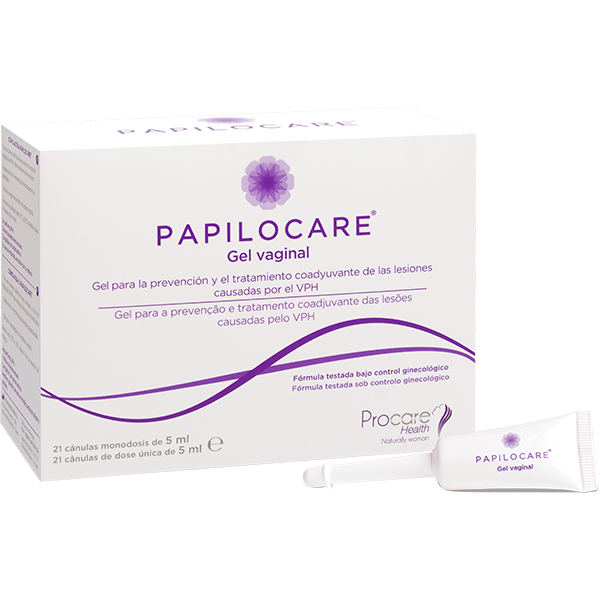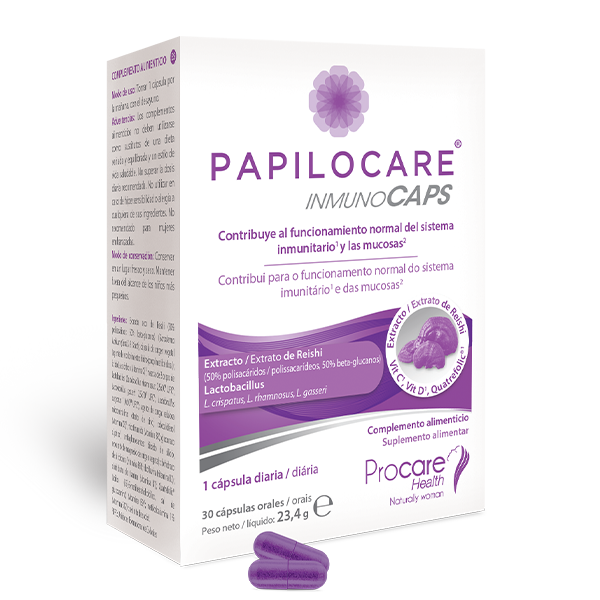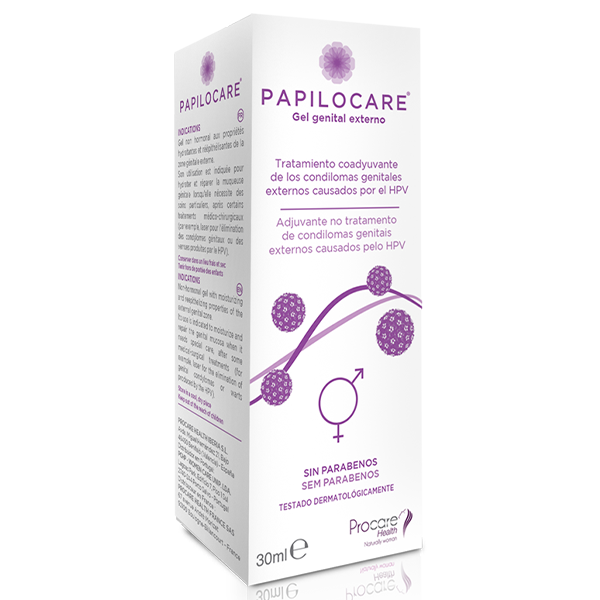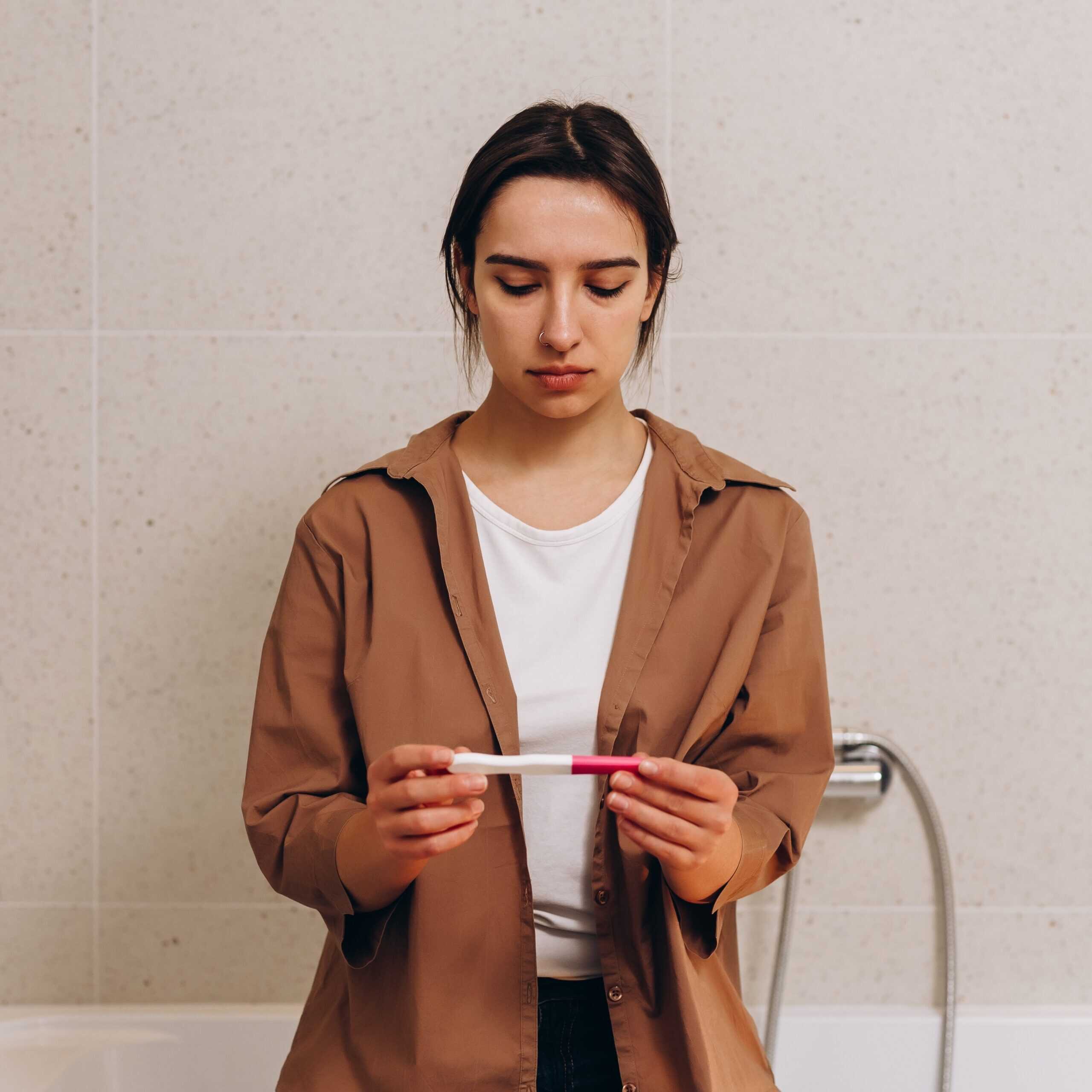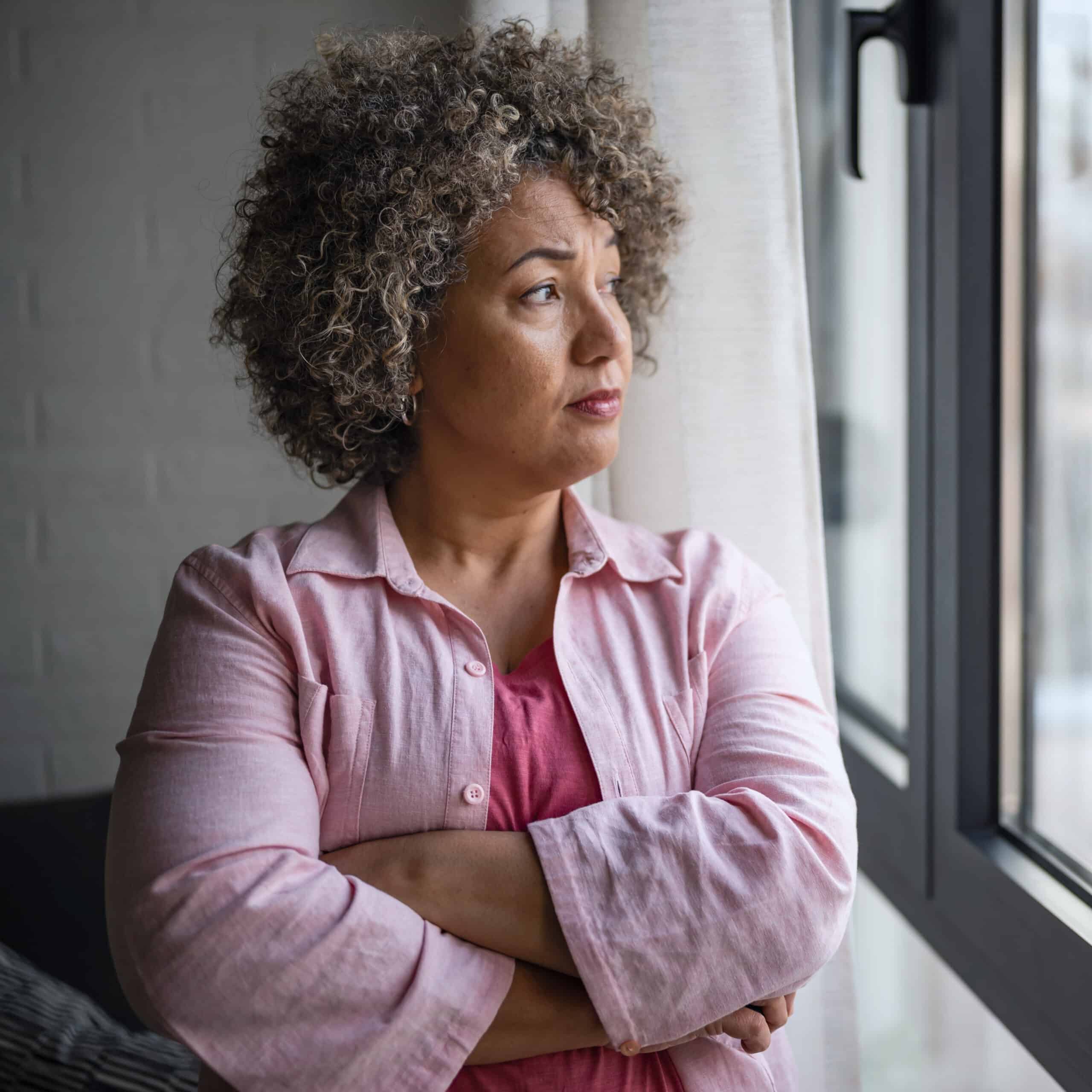
PCOS and Infertility
I am trying to get pregnant. When should I start taking a proactive approach?
The chance of getting pregnant depends on many things. These include a woman’s age, health, how often she and her partner have sex and the quality of the partner’s sperm. Generally speaking, however, if you do not get pregnant after a year of regular unprotected sex (every two or three days) you may be diagnosed with infertility. Experiencing multiple miscarriages could also be a sign of infertility. In developed countries, one in five women aged between 15 and 49 are infertile.
It is your decision when to start self-care or to seek medical help. NHS UK advises seeing your GP after a year of trying to get pregnant if you are 35 or under. Women aged 36 or over, or who know they have fertility problems should think about seeing their doctor sooner.
What causes infertility?
Infertility has many causes, and can affect either partner. For women the main causes are:
- Age, since fertility declines with age
- Genetics
- Polycystic ovary syndrome (PCOS)
- An overactive or underactive thyroid gland
- Weight, including underweight, overweight or obesity
- Structural changes to the vagina, uterus or fallopian tubes, for example following surgery
- Endometriosis
- Fibroids or polyps
- Sexually transmitted infections
- Autoimmune diseases such as coeliac disease and lupus
- Diabetes
- Certain medicines and drugs
- Lifestyle factors, such as smoking, stress, or alcohol
- Exposure to toxins, such as pesticides, solvents and metals.
It is important to identify what might be causing your fertility problems. You can talk to your doctor about tests to diagnose the cause, and treatments. Depending on the cause of your fertility problems, you may be advised to make lifestyle changes. Or you may be offered medicines, surgery or assisted conception, such as IVF.
In the following sections we look at two major factors in infertility: polycystic ovary syndrome (PCOS) and ageing.
I have PCOS. How does it affect my fertility and what I can do about it?
PCOS is a common condition that one in ten women experience and that affects how a woman’s ovaries work. Most women with PCOS (70-80 per cent) may struggle with fertility. The condition often leads to irregular periods, which means your body is not releasing eggs regularly, high levels of male hormones (androgen), which can cause acne or excess facial or body hair, and enlarged ovaries, with fluid-filled sacs around the eggs. Women with PCOS may also have chronic low-level inflammation, which further disturbs the way cells in the body work. PCOS also affects the body’s level of insulin, which controls the levels of sugar in the blood.
Many women with PCOS are resistant to the action of insulin, and produce more insulin as the body’s way of combating this. This poor response to insulin can affect fertility. But this can be helped with a supplement called inositols. Inositols are a type of sugar that is made in the body and found in foods. They come in nine forms – the two most common provided as supplements are D-chiro-inositol and myo-inositol. The right level of D-chiro-inositol helps to regulate hormones and insulin levels among women with PCOS and is critical for fertility and a successful pregnancy.
We now know it is vital to give both myo-inositol and D-chiro-inositol at the same time in a precise dose in order to support fertility successfully. Scientists used to believe that the right ratio was 40:1. However, recent studies have shown that the ratio of 3.6:1 is far more successful. This dose leads to three times more pregnancies and four times more live births compared to a 40:1 ratio. If you are thinking of taking inositol supplements, always choose the ones with the 3.6:1 ratio, which is based on the latest science.
How does my age affect my fertility and what I can do about it?
After the age of 30 the chance of conception and live birth starts to decline. A woman’s fertility will continue to decline each year, and the rate of decline speeds up once you reach 35. The number and quality of a woman’s eggs determine her fertility: as a woman gets older the number of eggs decreases and their quality also gets poorer.
There are three main factors behind the age-related decline in fertility:
- oxidation
- inflammation
- hormone problems.
Oxidation:
Mitochondria are the energy-producing powerhouses of cells, and the main source of energy for developing eggs. They are vital for eggs to mature, to be fertilised and for an embryo to develop. As you age the mitochondria in your cells don’t work as well, leading to a problem called oxidative stress. Oxidative stress is an imbalance between free radicals and antioxidants in your body. Free radicals are oxygen-containing molecules with an uneven number of electrons, which means they easily react with other molecules in your body, causing chain chemical reactions. These reactions can sometimes be harmful, causing damage to organs and tissues. This oxidative stress means eggs don’t mature as they should, reducing the chances of pregnancy. Antioxidants are molecules which can ‘donate’ an electron to free radicals, making them more stable and less likely to react with other molecules.
There are known vitamins, minerals and chemicals that have antioxidant properties. One example of an antioxidant is melatonin, an ingredient of the fertility supplement Ovosicare®, which is described below.
Inflammation:
Inflammation is part of the body’s immune response, for example when your body sends inflammatory cells to heal an injury, or to trap bacteria. The result can be swelling and redness. But inflammation also affects parts of the body you can’t see. As we age, many people start to suffer chronic inflammation, which affects the immune system. This creates a less favourable environment for eggs to mature, to be fertilised and to implant in the uterus.
You can reduce inflammation by making changes to your diet and lifestyle, and in some cases with anti-inflammatory medicines.
Hormone problems:
Hormones regulate the entire reproductive process, and a hormone imbalance can prevent a healthy pregnancy. As you age, you are more likely to experience hormonal problems, affecting your chances of a healthy pregnancy. In high-income, developed countries, many women are choosing to start their families later in life, which has an impact on their fertility.
Advances in reproductive science mean it’s now possible to supplement hormones to support fertilisation and pregnancy. Talk to your doctor about how your age may be affecting your fertility and what steps you want to take to manage it.
How do I decide which food supplements to take?
There are many food supplements in the UK market that claim to have fertility boosting ingredients. However, to select the right supplement, you first need to understand what is causing the fertility challenges for you as an individual. It is important to speak to your doctor, have tests to get an accurate diagnosis and get tailored medical advice. If you have been diagnosed with PCOS, you can consider supplements that are made with ingredients that have shown benefits in women with the condition. These typically include inositols, folic acids and vitamins. Look carefully at the ratio of myo-inositol and D-chiro-inositol. The latest science shows that the ratio of 3.6:1 may be more effective than the traditional rate of 40:1.
If your main challenge is your age, you can choose supplements that have ingredients for age-related fertility challenges, particularly those containing antioxidants such as co- enzyme Q10, vitamins E and C, and selenium.
Why should I choose Ovosicare® Fertility?
Ovosicare® consists of inositols, antioxidants, folic acid, vitamins and minerals, all of which are necessary to prepare a woman’s body to support a new life. The inositols in Ovosicare®, which is important for women with PCOS, is based on the ‘gold standard’ ratio of myo-inositol to D-chiro-inositol 3.6:1. In a clinical study of women with PCOS, the 3.6:1 ratio was proven to triple the pregnancy rate and quadruple the number of live births compared to the 40:1 ratio. Ovosicare® is the only supplement with the 3.6:1 formula.
Ovosicare® contains one of the broadest set of antioxidants including vitamins E, D3, B1, B2, B3, B6 and B12, selenium, zinc and Pomanox. Pomanox®, an extract of fresh pomegranate, is a compound of polyphenols and vitamin C and has a powerful antioxidative effect. Ovosicare® is the only fertility supplement containing Pomanox®.
Sources:
Use of D-chiro-Inositol: https://pubmed.ncbi.nlm.nih.gov/33506934/Inositol https://www.webmd.com/vitamins/ai/ingredientmono-299/inositol
PCOS https://www.nhs.uk/conditions/polycystic-ovary-syndrome-pcos/Inflammation https://my.clevelandclinic.org/health/symptoms/21660-inflammation
Fertility and ageing https://academic.oup.com/humupd/article/11/3/261/759255
Oxidative stress https://www.healthline.com/health/oxidative-stress
British Fertility Society https://www.britishfertilitysociety.org.uk/fei/at-what-age-does-fertility-begin-to-decrease/Infertility https://www.thelancet.com/journals/langlo/article/PIIS2214-109X(22)00215-7/fulltext https://www.nhs.uk/conditions/infertility/treatment/
Recommend Products
Ovosicare
£37.00 (VAT included)
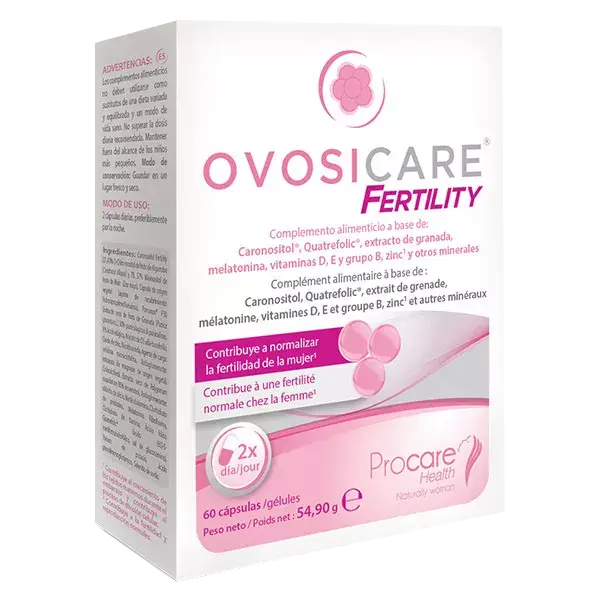 Shop Now
Shop NowPalomacare
£16.00 (VAT included)
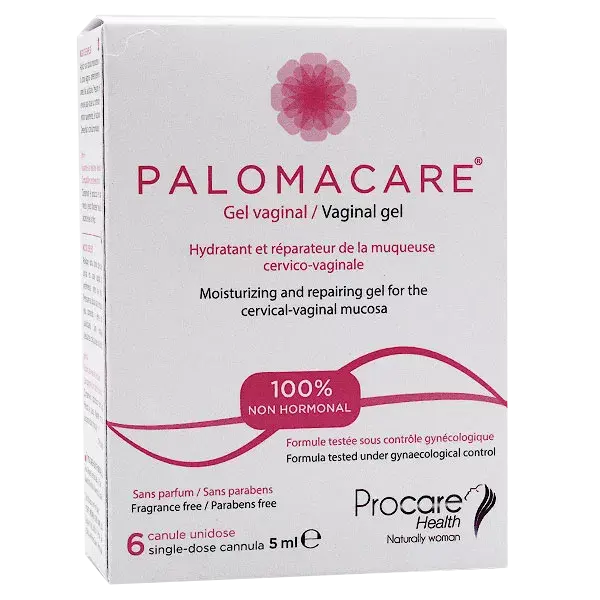 Shop Now
Shop NowIdracare®
£11.80 (VAT included)
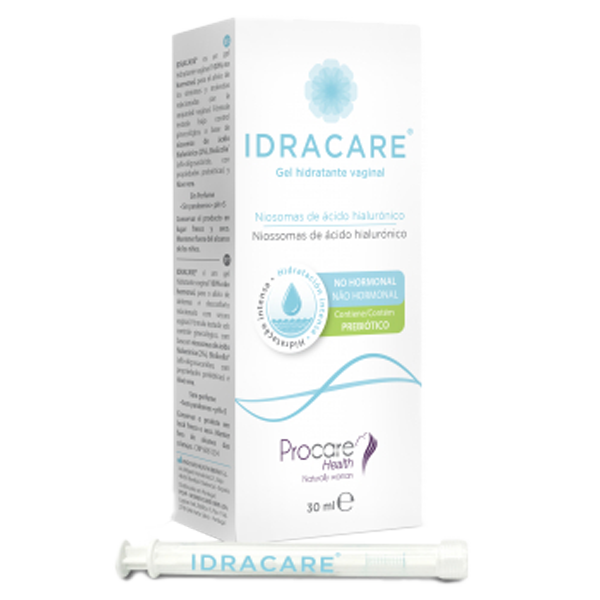 Shop Now
Shop NowDisclaimer: Information on this website is provided for informational purposes only and not intended as a substitute for the advice provided by your physician or other healthcare professional. You should not use the information on this website for diagnosing or treating a health problem or disease, or prescribing any medication or other treatment. For medical advice, diagnosis and prescription, please consult a healthcare professional. More Information >
Disclaimer: Information on this website is provided for informational purposes only and not intended as a substitute for the advice provided by your physician or other healthcare professional. You should not use the information on this website for diagnosing or treating a health problem or disease, or prescribing any medication or other treatment. For medical advice, diagnosis and prescription, please consult a healthcare professional.
© LivBio Limited 2024 All Rights Reserved.
